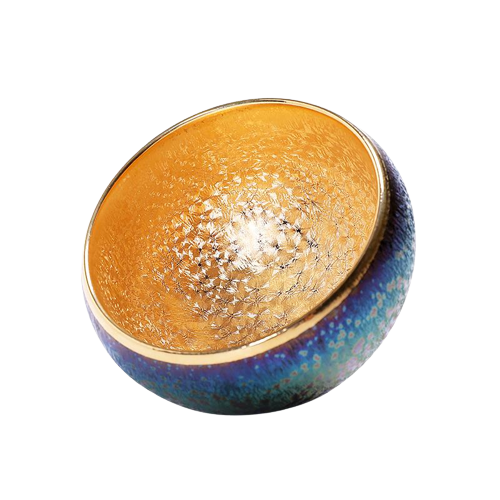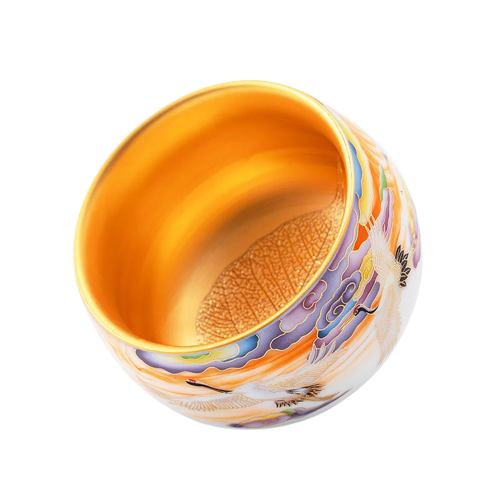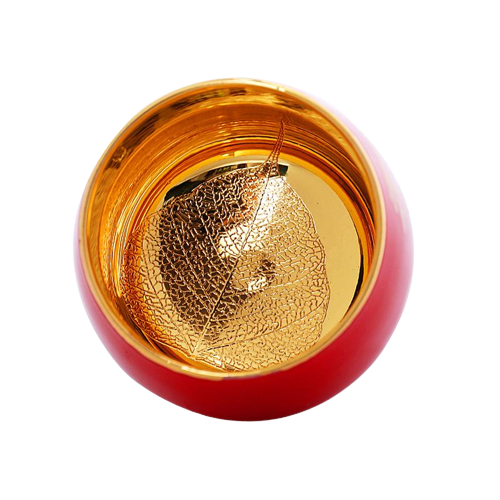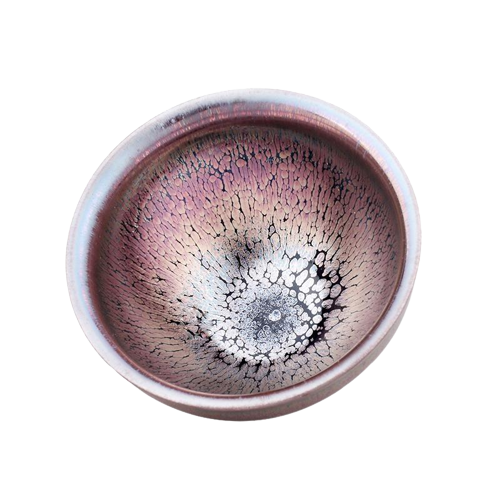Tenmoku Japanese tea bowls have a long cultural and artistic history. Choosing Tenmoku Japanese tea bowls means appreciating tradition, craftsmanship, and timeless beauty. The keyword Tenmoku Japanese tea bowls reflects both their origin and unique artistry. These bowls stand as symbols of Japanese tea culture and refined taste.
History of Tenmoku Japanese Tea Bowls
Tenmoku Japanese tea bowls were first produced in China during the Song Dynasty. They were brought to Japan and treasured by Zen monks. The shiny black glaze made Tenmoku Japanese tea bowls prized objects in ceremonies. Over centuries, artisans refined techniques and created many variations. Collectors today still admire their natural patterns and distinct color depth.
Tenmoku Japanese Tea Bowls and Their Materials
The material of Tenmoku Japanese tea bowls influences both beauty and durability. Fine clay forms the base, while iron-rich glazes create the iconic black tones. When fired, natural patterns emerge, making each piece unique. Tenmoku Japanese tea bowls can feature rust-red streaks, oil-spot patterns, or metallic glints. These variations make every tea bowl a personal treasure.
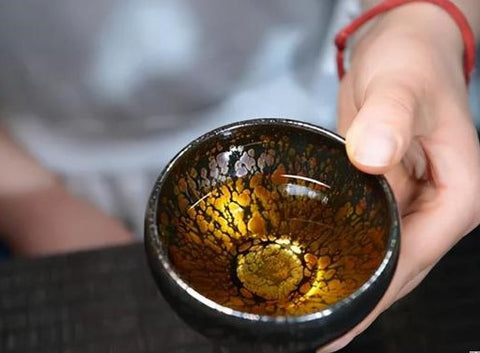
Why Choose Tenmoku Japanese Tea Bowls?
Tenmoku Japanese tea bowls bring both function and style to tea rituals. They retain heat, allowing tea to stay warm longer. Their glaze reflects light in elegant ways. Choosing Tenmoku Japanese tea bowls is also about cultural connection. They link modern tea lovers to centuries of tradition. A well-chosen bowl becomes part of a meaningful experience.
Key Features of Tenmoku Japanese Tea Bowls
When considering Tenmoku Japanese tea bowls, certain features matter most:
-
Distinct black glaze with natural variations
-
Strong clay base for durability
-
Heat retention during tea drinking
-
Unique aesthetic appeal for display
Why These Features Define Tenmoku Japanese Tea Bowls
Each feature contributes to both beauty and function. The glaze makes them stand out in any tea setting. The clay body ensures daily use without damage. Heat retention supports a proper tea experience. Collectors value their rarity and natural designs. Tenmoku Japanese tea bowls remain essential for tea lovers seeking authenticity.
Comparing Tenmoku Japanese Tea Bowls
| Type | Glaze Pattern | Durability | Heat Retention |
|---|---|---|---|
| Classic Black | Deep black | High | Strong |
| Oil Spot | Speckled metallic | Medium | Strong |
| Rust Red | Red-brown streaks | High | Moderate |
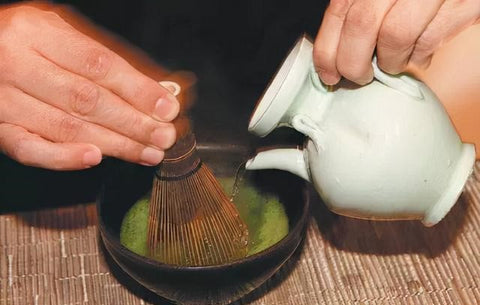
Why This Comparison Helps Choose Tenmoku Japanese Tea Bowls
The table highlights key types of Tenmoku Japanese tea bowls. Each has distinct beauty, durability, and heat performance. Tea lovers can decide which style suits their needs best. Collectors may prefer oil spot designs for rarity, while daily users may choose classic black for strength. This comparison ensures the right balance between function and art.
Cultural Meaning of Tenmoku Japanese Tea Bowls
Tenmoku Japanese tea bowls carry spiritual meaning. Zen monks valued them for simplicity and mindfulness. The bowls’ imperfections symbolize natural beauty and life’s impermanence. Choosing Tenmoku Japanese tea bowls means embracing these values. They bring calmness to modern tea drinking. Collectors view them as cultural bridges between China and Japan.
Tenmoku Japanese Tea Bowls for Modern Tea Lovers
Today, Tenmoku Japanese tea bowls serve more than tradition. They add sophistication to contemporary tea rituals. Their bold glaze fits both minimal and classic interiors. Modern potters recreate traditional designs while adding fresh touches. Owning Tenmoku Japanese tea bowls connects modern lifestyles with timeless artistry.
Collecting Tenmoku Japanese Tea Bowls
Collectors value Tenmoku Japanese tea bowls for rarity and historical depth. Early pieces are museum treasures. Modern reproductions allow enthusiasts to own authentic designs. Prices vary with glaze type, maker, and age. Collecting Tenmoku Japanese tea bowls is both a passion and an investment.
Caring for Tenmoku Japanese Tea Bowls
Proper care ensures Tenmoku Japanese tea bowls last generations. Always hand wash with mild soap. Avoid sudden temperature changes to protect the glaze. Store them carefully to prevent chipping. With care, Tenmoku Japanese tea bowls remain durable and beautiful for years.
FAQ
Why are Tenmoku Japanese tea bowls so valued?
Tenmoku Japanese tea bowls are valued for cultural heritage, craftsmanship, and unique glazes. Their history dates back to the Song Dynasty and Zen traditions. Collectors prize them for natural imperfections that make each bowl unique. They are also durable and functional, adding elegance to tea ceremonies. Owning one reflects refined taste and appreciation of timeless artistry.
How should I choose Tenmoku Japanese tea bowls?
When choosing Tenmoku Japanese tea bowls, consider glaze type, size, and purpose. Classic black bowls are strong and versatile. Oil spot bowls are rare and admired for metallic beauty. Rust red bowls show striking natural tones. Also, consider whether you want a collector’s piece or a daily-use bowl. This decision helps balance function with aesthetic value.
How can I care for Tenmoku Japanese tea bowls?
Caring for Tenmoku Japanese tea bowls requires gentle handling. Always wash by hand with warm water and soft cloth. Avoid dishwashers, as they can harm the glaze. Keep bowls away from extreme heat shifts to prevent cracking. Store them securely with padding if stacked. With proper care, Tenmoku Japanese tea bowls remain vibrant and last for decades.

